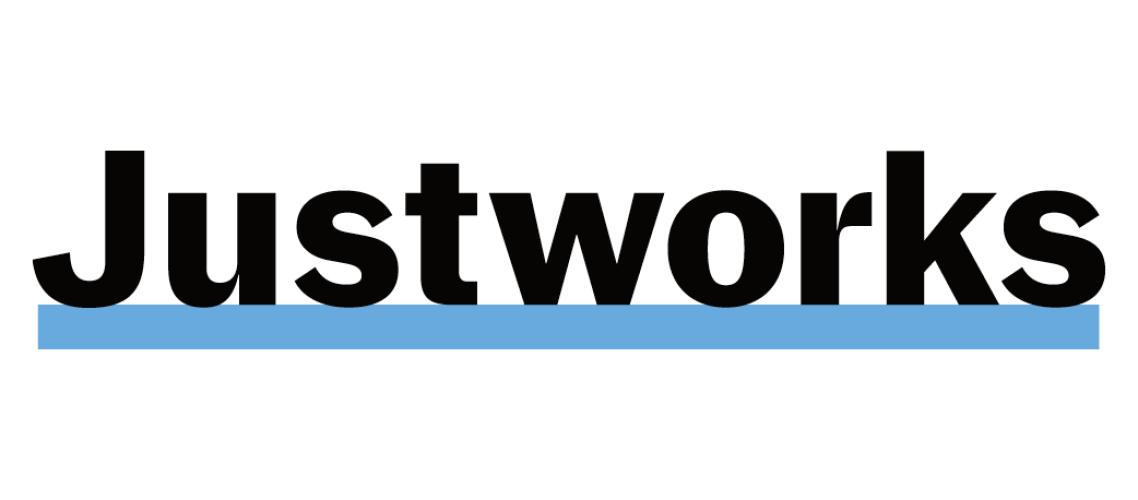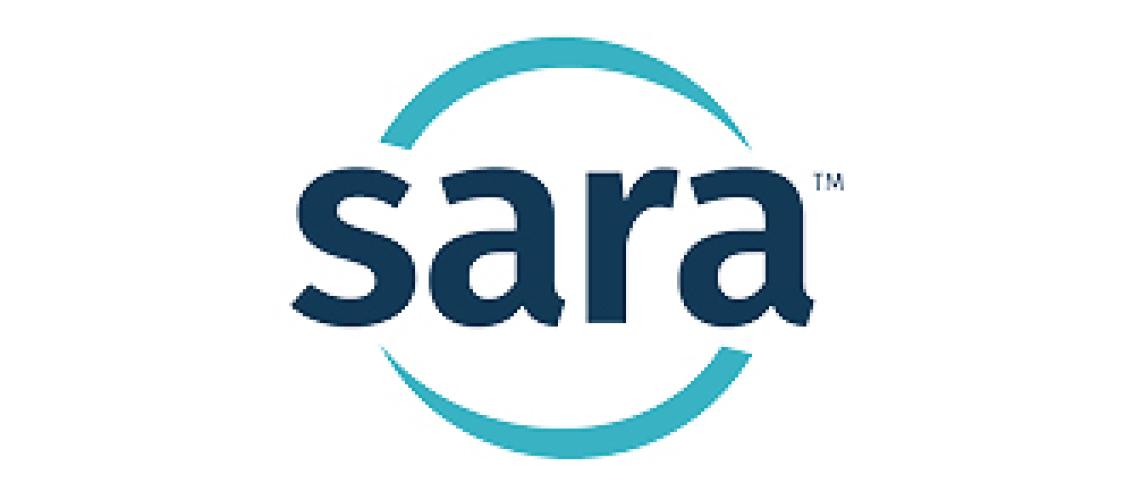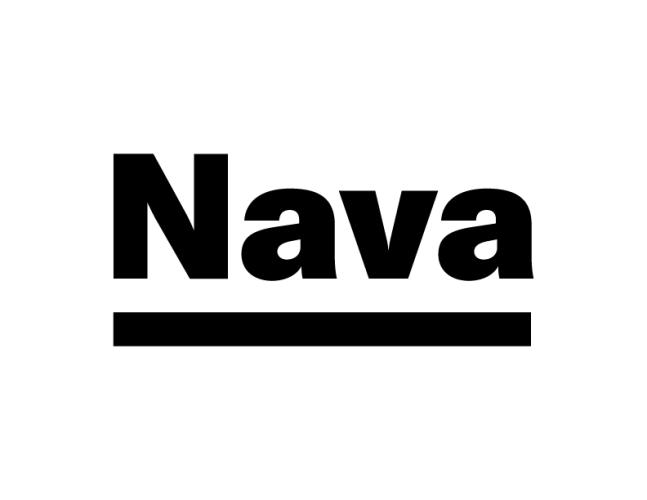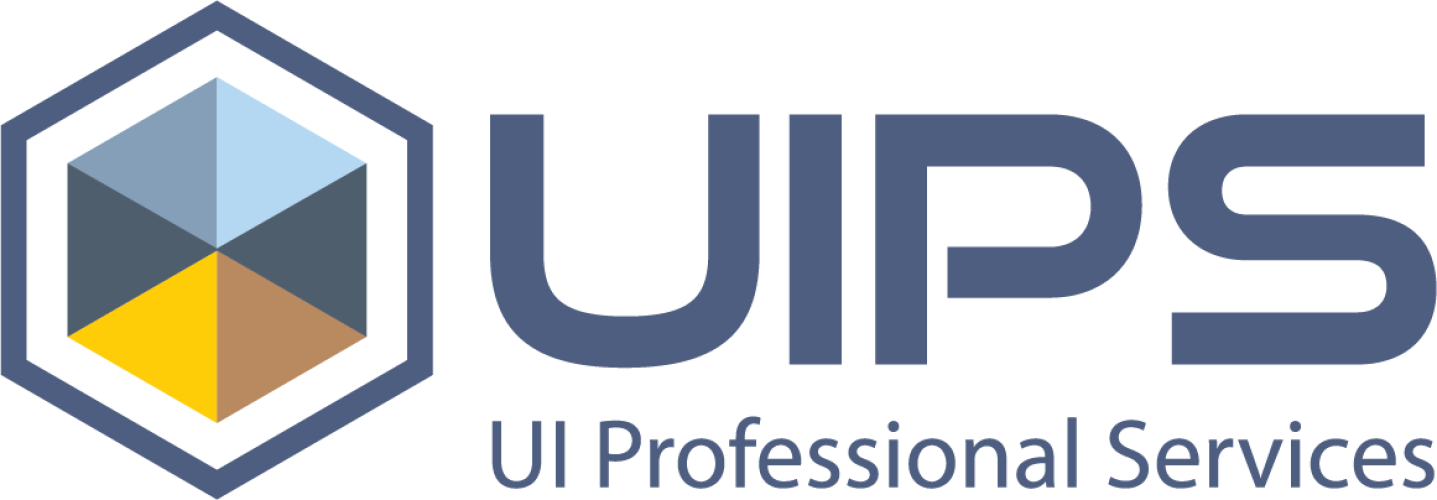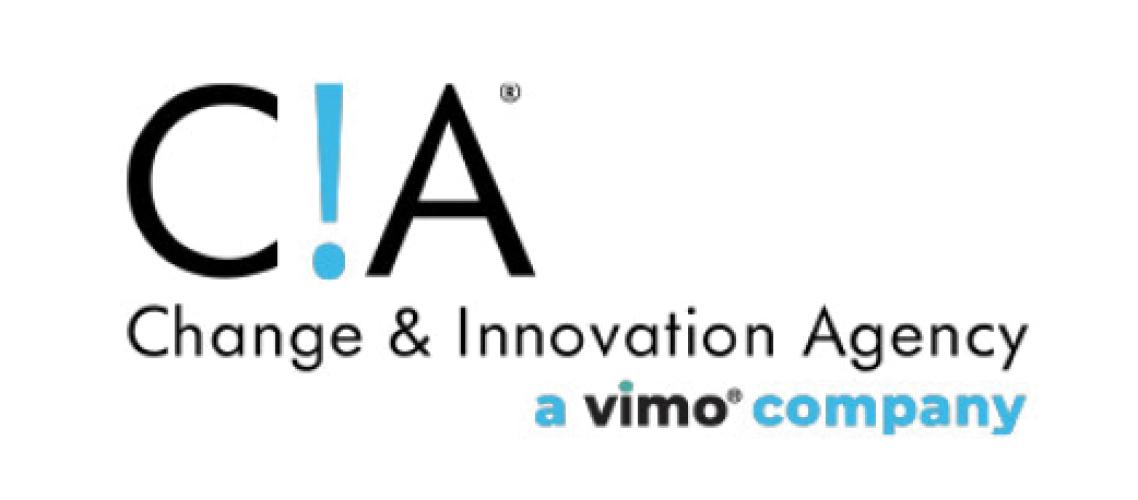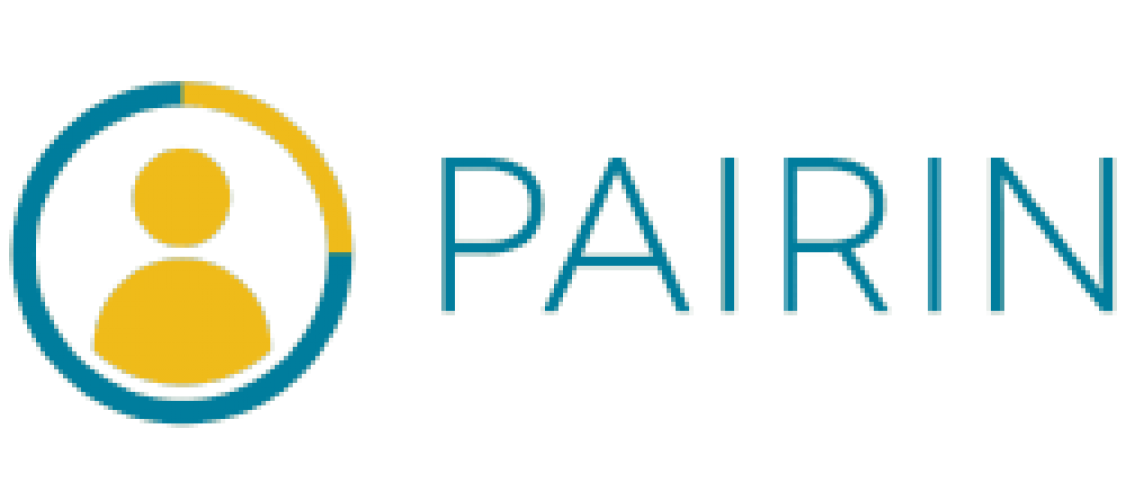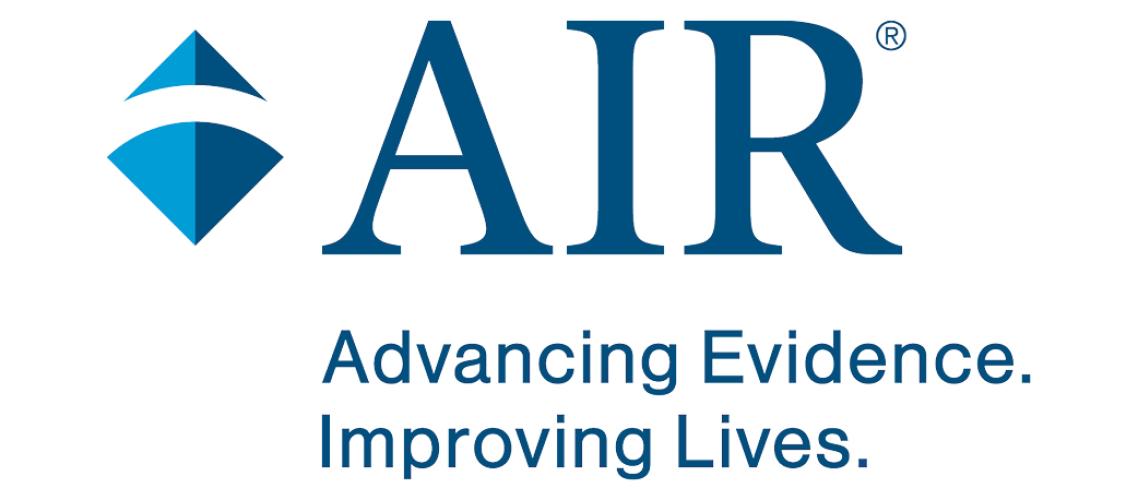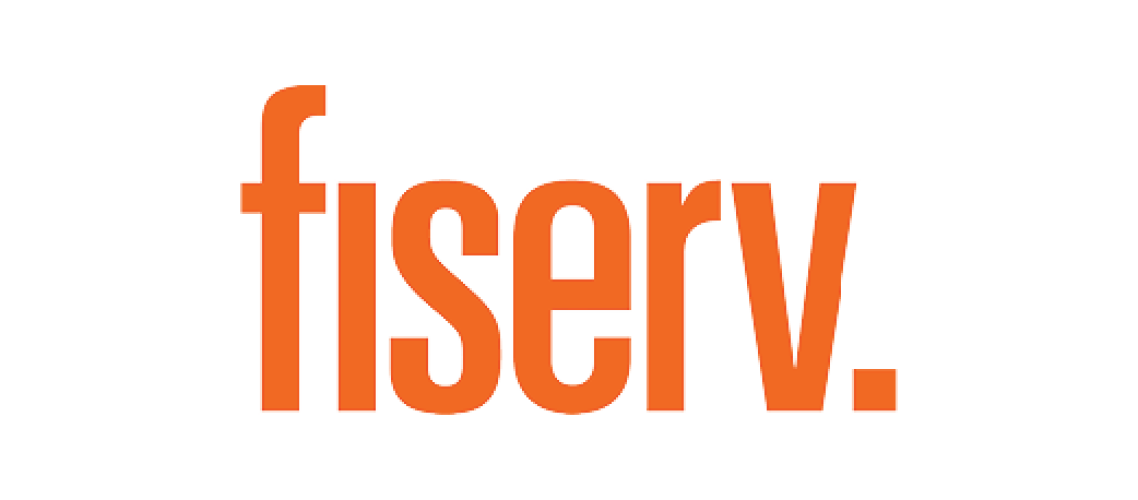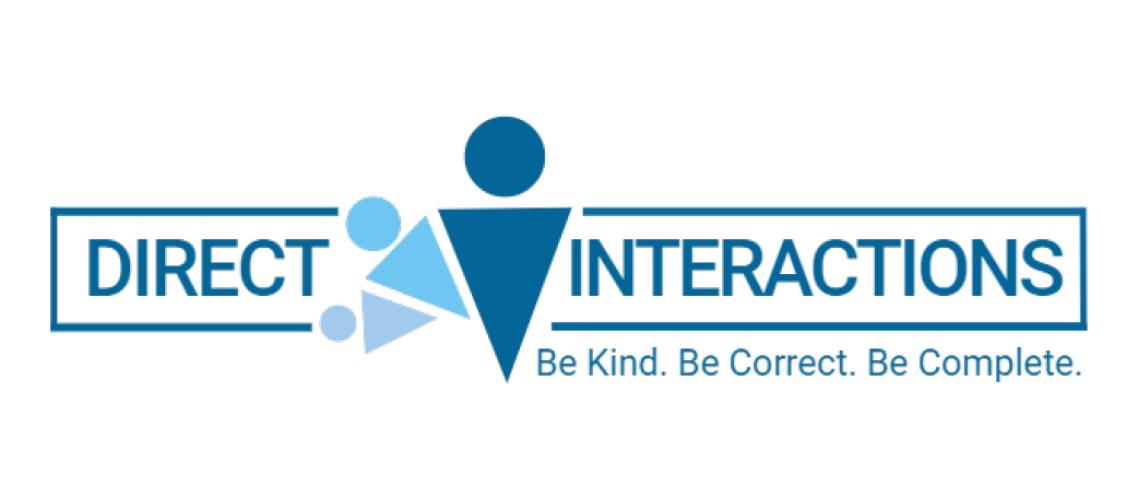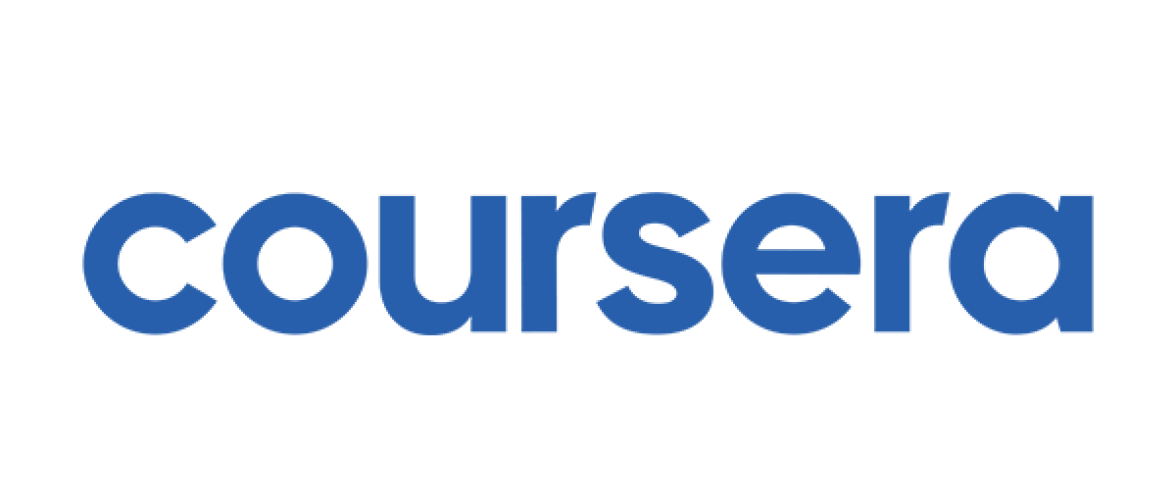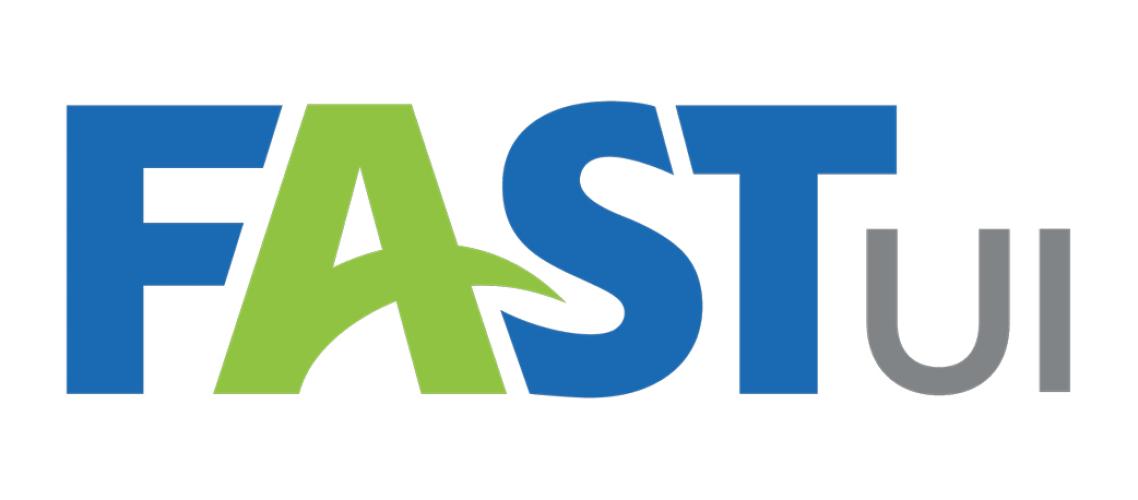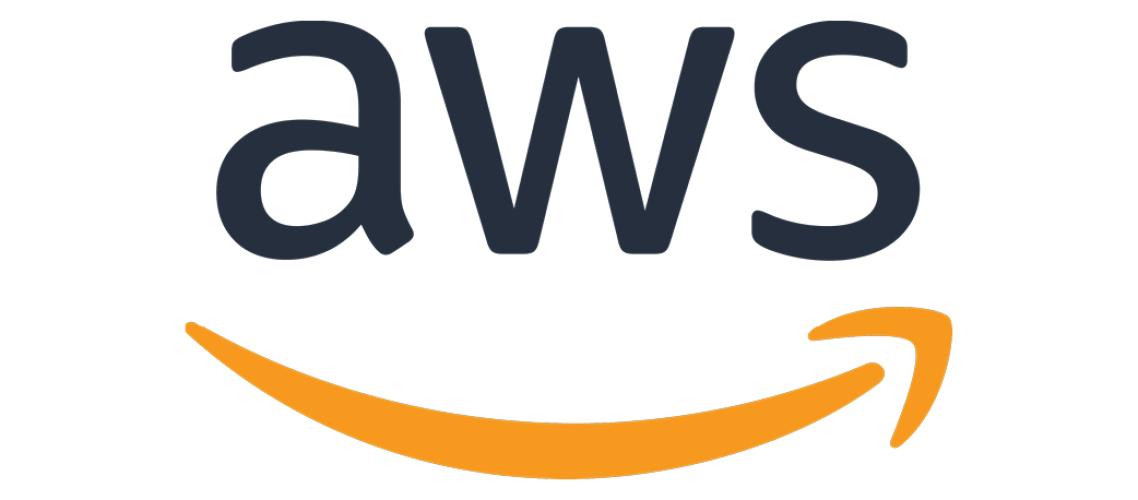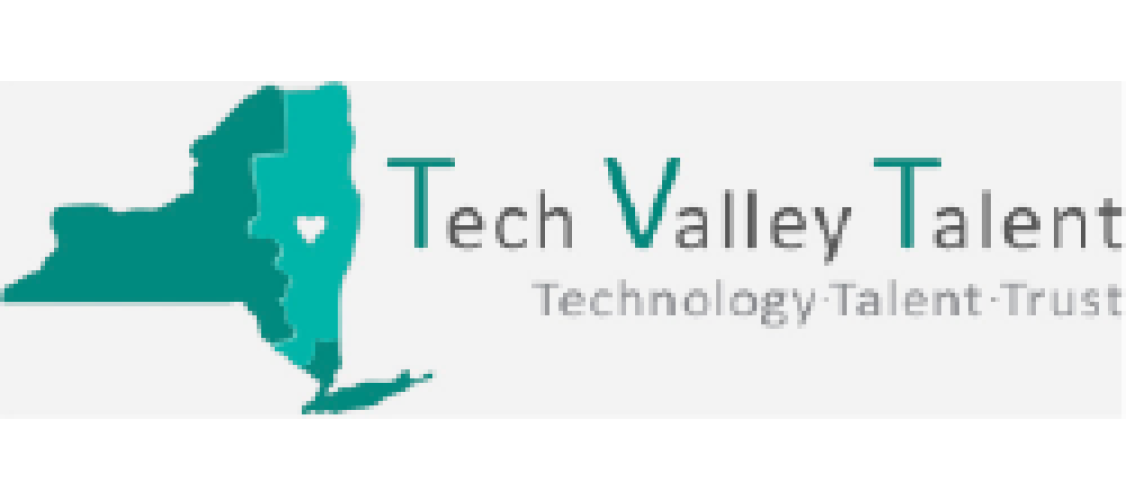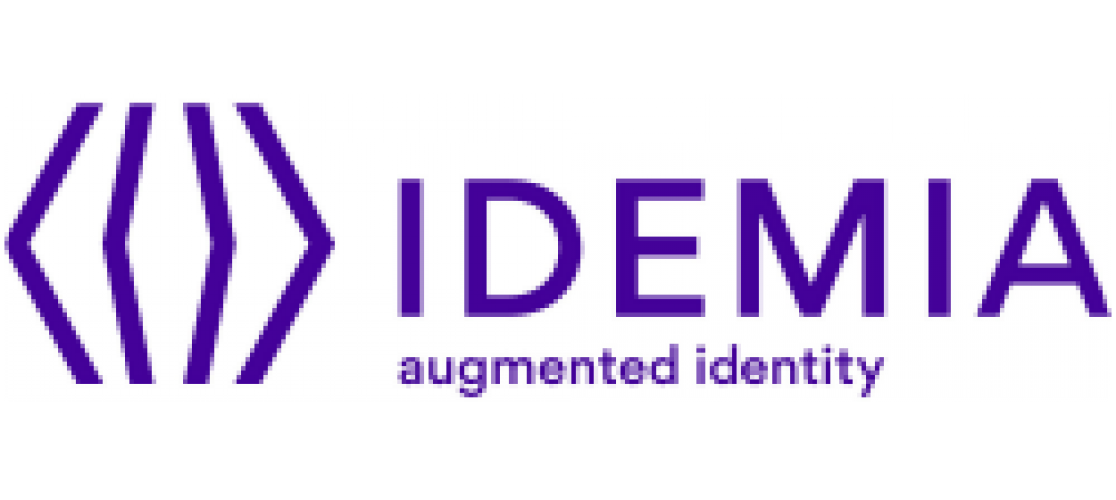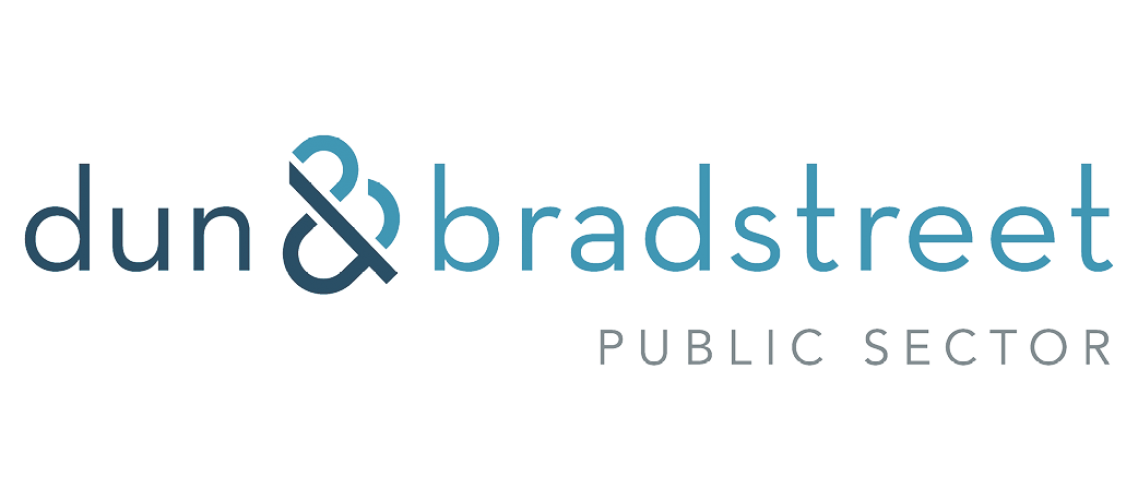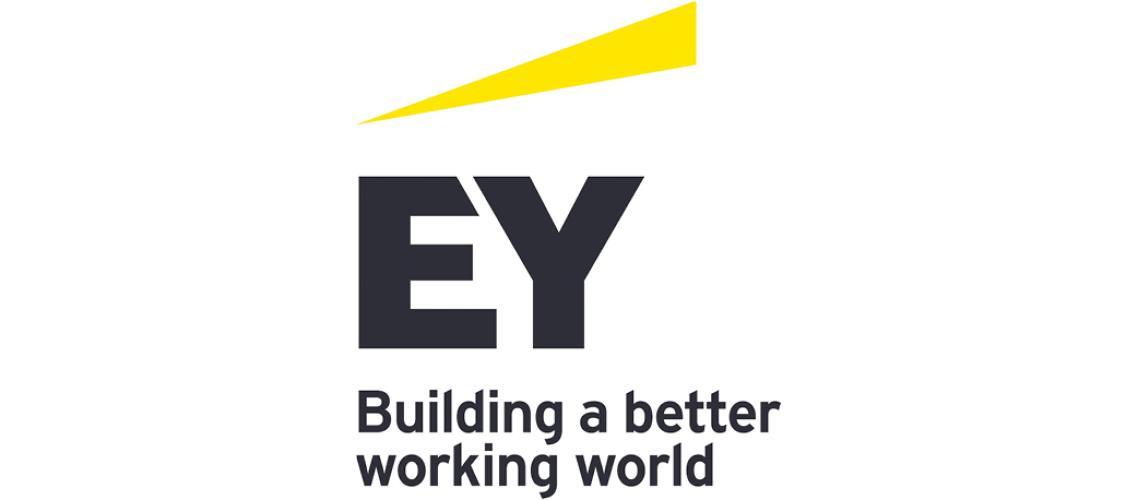Missouri, Department of Economic Development: Talent For Tomorrow
Contact Information of Individual Submitting Nomination
Nominator: Allyssa Miget
Email Address: allyssa.miget@ded.mo.gov
Agency Name: Department of Economic Development
Talent For Tomorrow
The purpose of the Talent For Tomorrow (T4T) initiative is to create a systematic and coordinated approach that allows the workforce to be career ready and to provide businesses and companies the workforce it needs to be successful. Our vision statement for this project is "Every Missourian deserves an opportunity to earn a life with dignity." Missouri ranks nearly last in all key performance indicators in the Midwest, such as GDP, quality, availability, and productivity of our workforce. Missouri has identified a growing gap in education and the workforce. Missouri was not creating meaningful outcomes with credentials, wages, and employment.
The T4T labor market analysis identified that employer needs were not being met through the workforce’s poor availability and productivity. This prohibited employers’ ability to grow and expand. Additionally, Missouri was unable to compete in economic development business attraction and expansion deals due to the limited tools and red tape. Missourians also faced challenges in completing a post-secondary degree because there are limited options for adults to complete their education through scholarships, Pell, and other financial aid.
In addition to the growing gap in education and workforce development, it was clear these two agencies needed to work closely to create meaningful outcomes. On January 17th Governor Parson signed Executive Order 19-03 to establish the Department of Higher Education and Workforce Development.
Missouri's skill gap increases annually in middle skilled occupations with more than 56% of the job openings in middle skilled positions. The development of apprenticeship programs was identified as a solution to this growing problem. Historically, Missouri only had strong roots in apprenticeship programs with the labor unions. Because of the T4T efforts, Missouri opted to create a private apprenticeship market driven by employers. In November of 2018, Missouri hosted 14 United Kingdom delegates. Since then, these delegates have proposed solutions in the form of digital software, intermediary coordination, and end point assessments specific to meet Missouri's needs.
In Missouri, apprenticeship programs are administered by more than five agencies creating inconsistencies in apprenticeship. To address this issue, the Governor's Office sanctioned an Interagency Apprenticeship Council to tackle challenges and identify a consistent strategy for the newly created Apprenticeship Missouri office. This council will establish branding, marketing, and streamlining federal resources to targeted industries. This office works closely with intermediaries to create meaningful outcomes in credentials, wages, and employment. The average salary of a completed apprenticeship is $50,000.
Statement of results, accomplishments, impacts and any other appropriate information that demonstrates why the nominee's efforts were an exceptional contribution.
The Missouri General Assembly passed comprehensive legislation to allow for flexibility in utilizing key economic development tools such as deal closing funds and customized training. Additionally, this legislation created opportunities for adults dislocated from the postsecondary educational system to complete their education in high demand fields, entitled Fast Track. This August, adult students will be able to enroll into high demand degree fields by taking advantage of the Fast Track scholarship program. This will advance opportunities for Missourians who may have never returned to school otherwise.
Governor Parson created the Interagency Apprenticeship Council to coordinate apprenticeship programs. The state is investing in high demand occupations to ensure a career in growing industries for Missourians. Missouri has contracted with a privatized intermediary to develop two employer driven apprenticeship programs. Missouri has registered three new USDOL apprenticeship standards to meet the needs of our employers. 400 dislocated workers will be served with these new standards utilizing this new model.
Missouri's Workforce Development system also implemented a policy requiring the local workforce boards to spend 40% of their WIOA allocation on training participants. This 60/40 split will limit the amount spent on administration and should directly impact the number of participants served.
Other significant contributions
In many ways, alignment of state agencies, partners, and educational training providers have proven to be challenging. Aligning workforce development and higher education required the Governor’s Office to sign Executive Order 19-03. This caused a chain reaction for State staff and partners to identify meaningful ways to integrate the Department of Higher Education with Workforce Development to provide better outcomes for Missourians. The changes within the department also required a different relationship with the Local Workforce Development Boards (LWDBS). The LWDBS value performance outcomes, this creates an opportunity for higher education and workforce development to identify meaningful outcomes. Again, the challenge was coordination among the two entities.
Additionally, the Interagency Apprenticeship Council mandated alignment in our approaches to apprenticeship to establish alignment. This council necessitates input from each agency to create a successful apprenticeship model.
One barrier the State faced this year, was the Missouri General Assembly. Six members within the Missouri Senate that blocked Senate Bill 68, which gave Missouri flexibility in the various tools to attract businesses and establish an adult scholarship program. The Missouri Chamber and state agencies worked together to inform the legislature with data and numerous meetings. SB68 was passed the last week of session.
T4T-overview-MDHE.pdf (949.3KB)
SB68.pdf (1.2MB)
EO 19-03.pdf (1.8MB)
MO - NASWA Foundations Guide Handouts.pdf (1.6MB)
MO - NASWA Tweets.pdf (2.3MB)
MO - NASWA Videos.pdf (11.6KB)
